How Teddy Sagi Transformed Playtech into a Billion-Dollar Powerhouse
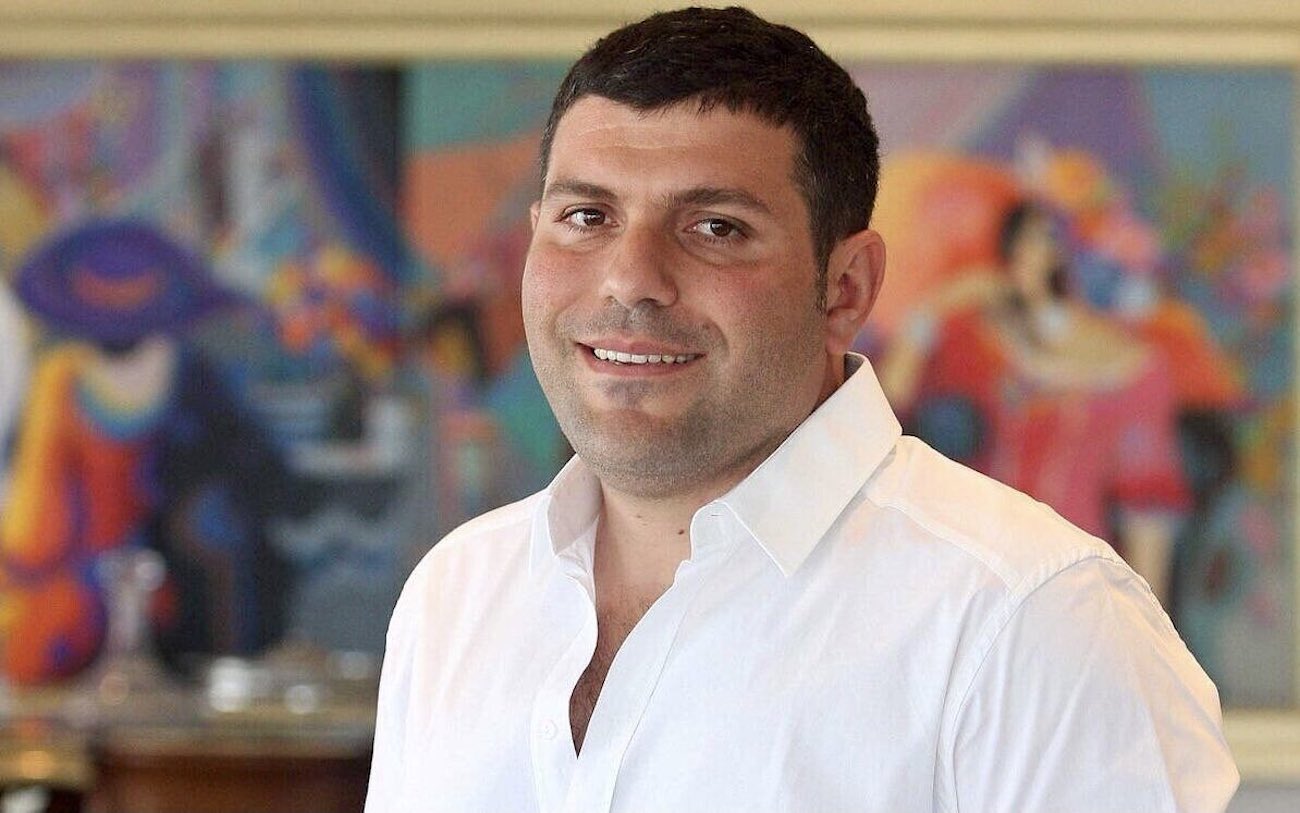
The Early Years: From Tel Aviv to Ambition
Born in 1971 in Tel Aviv’s northern Lamed neighborhood, Teddy Sagi was raised by a travel agent father and a beautician mother. Growing up with these working parents, he absorbed the values of perseverance and diligence from a young age, although little is documented about his early childhood.
Sagi’s path to success was unconventional and touched by controversy early on. At age 24, he faced charges of deception, bribery, and insider trading related to bond price manipulation, resulting in a nine-month prison sentence. Despite this setback, his experience in real estate and financial markets sharpened his instincts for spotting lucrative opportunities. Recognizing the potential of the internet, he resolved to stake his claim in the emerging world of online business.
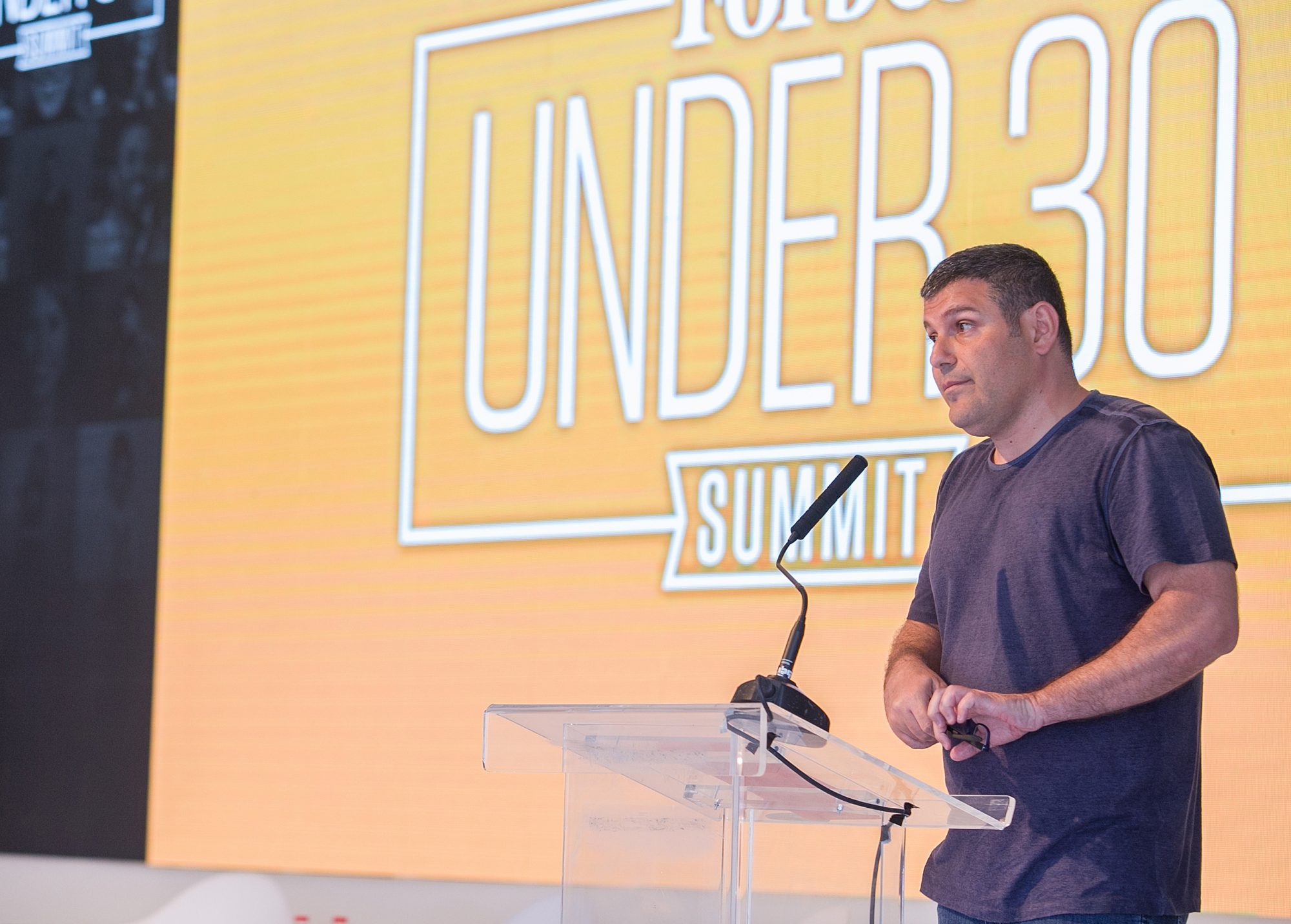
Image: Forbes
Launching Playtech: The Beginnings of an iGaming Empire
Sagi founded Playtech in the late 1990s, just before turning 30. The online gambling sector was still in its infancy-yet Sagi saw untapped potential. In 1999, he set up Playtech’s development base in Tartu, Estonia, and the company headquarters in Tel Aviv.
Determined to build a top-tier product from the outset, Sagi recruited talented mathematicians, software developers, and engineers. Instead of releasing a basic platform and refining it over time, Playtech debuted a feature-rich, innovative casino software suite. The company’s first casino platform launched in 2001 after gaining visibility at trade shows.
Playtech’s platform quickly captivated the industry. Its robust features and cutting-edge back-office tools drew significant demand, even allowing Sagi to command premium pricing well above that of many competitors. The resulting cash flow enabled further investments and the rapid expansion of Playtech’s product portfolio.
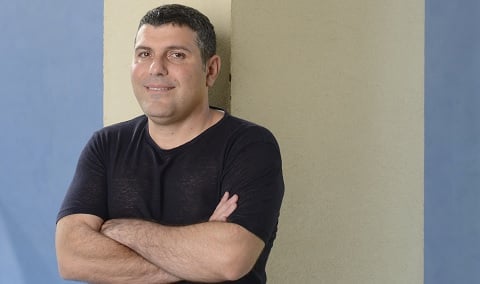
Image: Forbes
Growth and Innovation: Playtech Leads in iGaming
Throughout the 2000s, Playtech capitalized on the accelerating shift to online gambling. In 2003, the company released its first online bingo solution, launching a simple 75-ball game that paved the way for later acquisitions-most notably Virtue Fusion in 2010.
The early 2000s were also pivotal for online poker, fueled by the rise of stars like Chris Moneymaker whose breakthrough at the 2003 World Series of Poker brought global attention to internet poker rooms. Sagi quickly recognized the trend and established the iPoker network in 2004, attracting thousands of players within a year.
By 2006, Playtech went public on the London Stock Exchange’s AIM market, debuting with a valuation near $768 million. This move provided the capital needed for expansion and solidified Playtech’s reputation as a leading gaming technology firm.
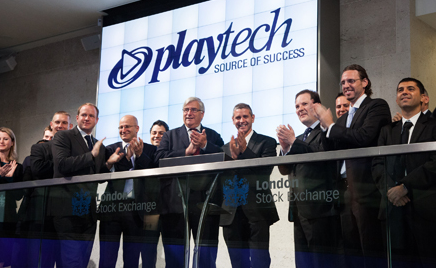
Image: SBCNews
Strategic Expansion amid Industry Challenges
Playtech’s growth, however, faced abrupt obstacles in 2006 when the Unlawful Internet Gambling Enforcement Act (UIGEA) in the US wiped out the company’s largest market almost overnight. Shares plummeted 40% in a single day.
Instead of retreating, Sagi turned this crisis into a springboard, seeking opportunities while rivals exited the market. Playtech accelerated its acquisition strategy, purchasing Virtue Fusion in 2010 to dominate online bingo, and entered several industry-defining partnerships.
One major move was its collaboration with William Hill, launching William Hill Online for a 29% stake-which Playtech later sold back for approximately $511 million. Playtech’s client roster grew to include some of the world’s largest betting brands: bet365, Unibet, Snaitech, Betfair, William Hill, and Poland’s Totalizator Sportowy.
The company also developed innovative content, such as a multi-year agreement with Warner Bros. to create DC-themed slot games, and incorporated top software studios such as Eyecon, Quickspin, BGT, and Ash Gaming.
Playtech enhanced its live gaming capabilities by opening its first live casino studio in Romania in 2017, offering real-time games that challenged even the market leader, Evolution Gaming.

Image: Playtech
Teddy Sagi’s Exit from Playtech
In November 2016, Sagi began divesting his Playtech shares, selling 12% initially, followed by further sales through his investment vehicle, Brickington Trading Limited, in 2017. By 2018, he had sold his final 4.8% stake, marking his complete departure and securing hundreds of millions of dollars from the divestment.
With Playtech behind him, Sagi shifted focus to other sectors, particularly real estate, technology, cyber-security, co-working spaces, and innovation-driven businesses.
Playtech’s Evolution and Continued Leadership
Playtech continues to expand globally. After its US debut in New Jersey with bet365 in 2020, the company opened another live casino studio in Michigan and inked major deals with operators like Ladbrokes for exclusive live game shows.
In 2022, Playtech partnered with Parx Interactive to launch the new betPARX app in Pennsylvania and New Jersey, incorporating Playtech’s advanced Player Account Management and Information Management Solutions.
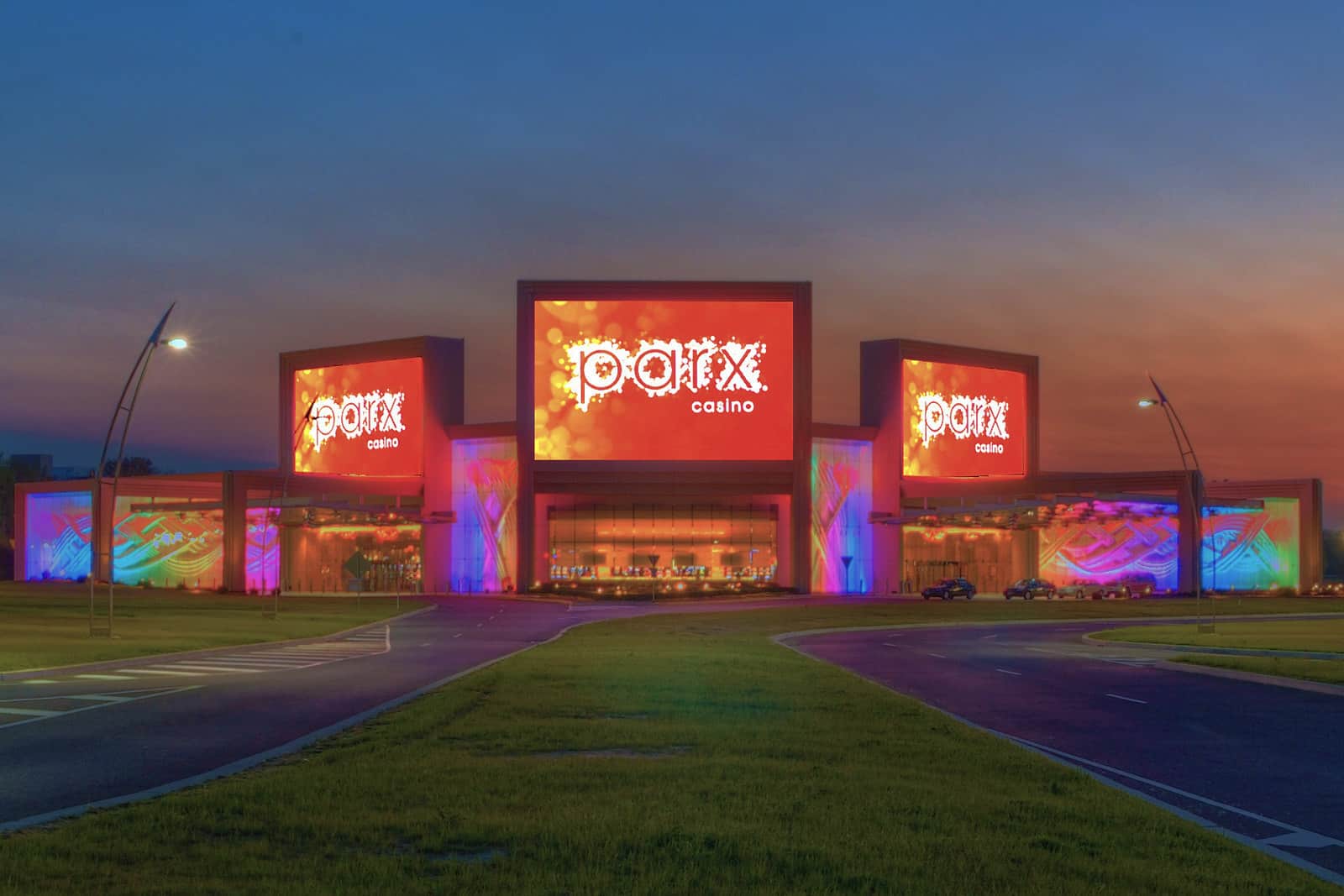
Image: Sports Insider
Playtech’s modern offerings span live casino streaming, all-in-one sports betting solutions, poker via the iPoker network, virtual sports, bingo-including the Virtue Fusion platform-and even eMarketing and financial trading services. With Playtech ONE, the company offers an integrated, seamless player experience across all devices and channels.
In 2021, Playtech was purchased by Aristocrat Leisure, an Australian gaming giant, for $3.7 billion, cementing its legacy in the global gambling industry.
Teddy Sagi’s Diverse Ventures beyond Playtech
Beyond iGaming, Sagi has cultivated a multi-billion-dollar investment portfolio spanning technology, payments, real estate, and innovation-focused ventures. His most noteworthy business successes include Market Tech (now LabTech London), SafeCharge, and Kape.
LabTech London: Revamping Iconic Real Estate
Through Market Tech, Sagi began acquiring and revitalizing London’s famed Camden Market. In 2014 alone, he purchased Camden Stables Market, Camden Lock, and Buck Street Market. By 2015, with the acquisition of Camden Wharf and the Interchange Building, Sagi achieved majority control over Camden Market.
He modernized the district by moving many market retailers online and expanding the company’s real estate holdings in London’s West End-including the prestigious, grade-II listed Victoria House, which sold for $518 million in 2022.

Camden, London. [Image: evanevanstours.com]
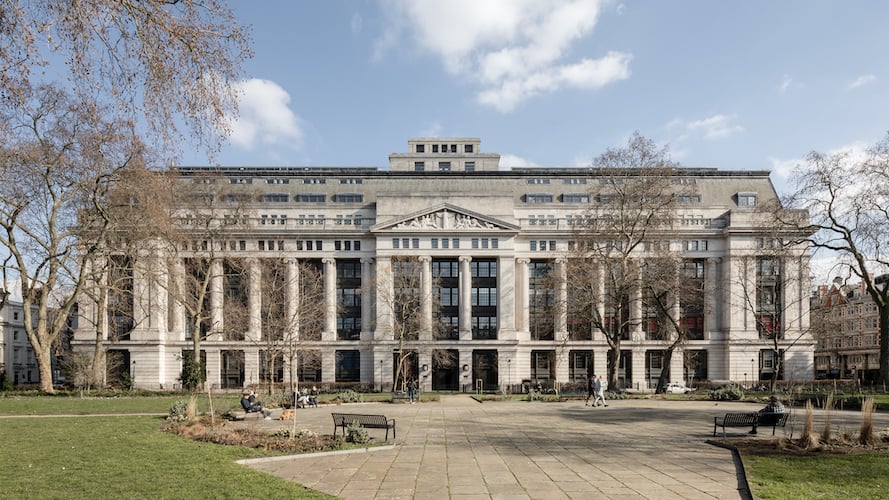
Image: nla
In June 2022, Sagi announced plans to sell all LabTech-owned portions of Camden Market, with an estimated value of $1.3 billion. LabTech also operates Runtech (property technology) and SmartGreen (building efficiency and sustainability solutions), and has partnered with Babylon Park to introduce a major amusement venue to the UK.
SafeCharge: Transforming Payment Solutions
Founded by Sagi and David Avgi, SafeCharge began in 2007 and quickly rose by forming partnerships with major payment processors like Barclays, PayPal, and American Express. In 2017, Sagi sold SafeCharge to Canadian firm Nuvei for $889 million.
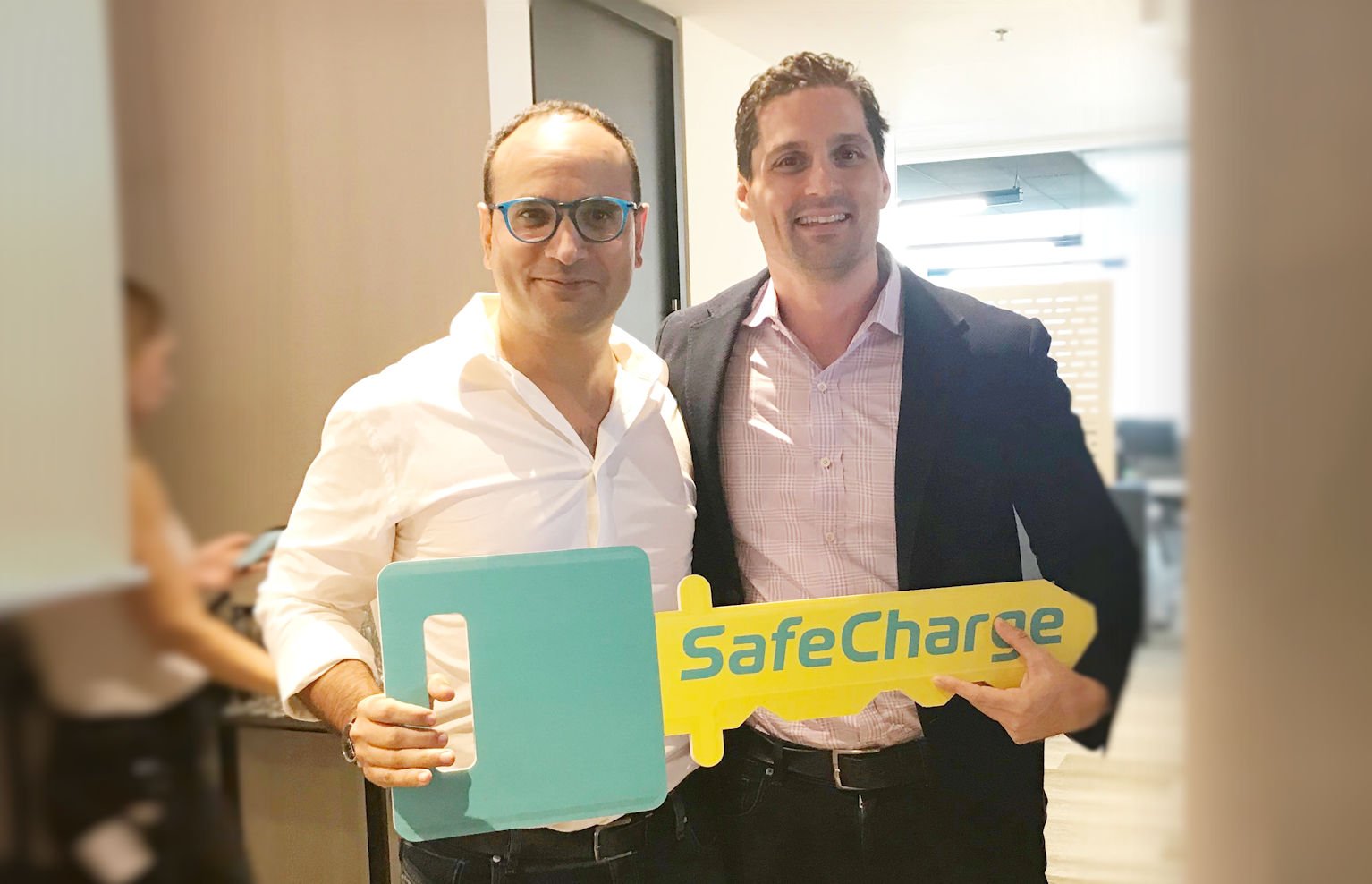
Image: nuvei
Kape: Advancing Digital Privacy
Operating under Unikmind Holdings, Sagi’s digital privacy enterprise Kape serves millions of customers across the globe. In 2021, Sagi orchestrated the near $1 billion acquisition of ExpressVPN, bolstering Kape’s influence in online privacy and cybersecurity.
Teddy Sagi Group and Globe Invest: A Family Office for Strategic Growth
Through Globe Invest Limited, Sagi manages a range of investments, including Layam, a prominent Middle Eastern duty-free operator. In 2022, Layam secured a contract to provide duty-free products on Arkia flights.
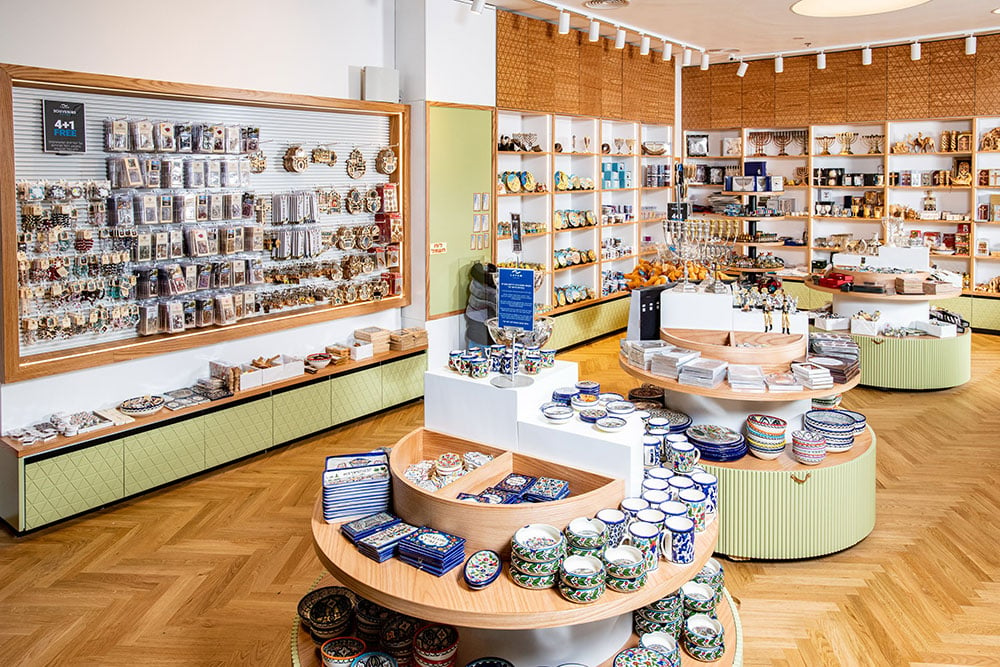
Image: TR Business
Under the Teddy Sagi Group, he also acquired and then sold VisualDNA, a leader in psychographic data analytics, to Nielsen.
Personal Life: Family and Privacy
Details about Sagi’s private life remain scarce. Following a brief romance with Israeli supermodel Bar Refaeli, Sagi settled with former Miss Israel, Yael Nizri. The couple, who have lived together since 2010 in the affluent Herzliya Pituah neighborhood, share five children; Sagi also has a daughter from a previous relationship.
In one of his rare interviews, Sagi has stressed his commitment to his family, noting that he prioritizes quality time and actively participates in his children’s lives as “the entertainment parent.”
The Present: Sagi’s Ongoing Legacy and New Ventures
As of 2022, Teddy Sagi ranks among the world’s wealthiest individuals, boasting an estimated net worth of $5.6 billion on the Forbes Billionaires list. Diversifying his interests, he co-founded Pay.com in 2022, a fintech platform providing instant access to payment options like Apple Pay, Skrill, Klarna, and PayPal. With an ambitious growth strategy, Sagi personally funded the start-up with $100 million to drive future acquisitions.
With the potential sale of Camden Market pending and multiple new projects in development, Teddy Sagi continues to shape industries from gaming and fintech to real estate and technology.













